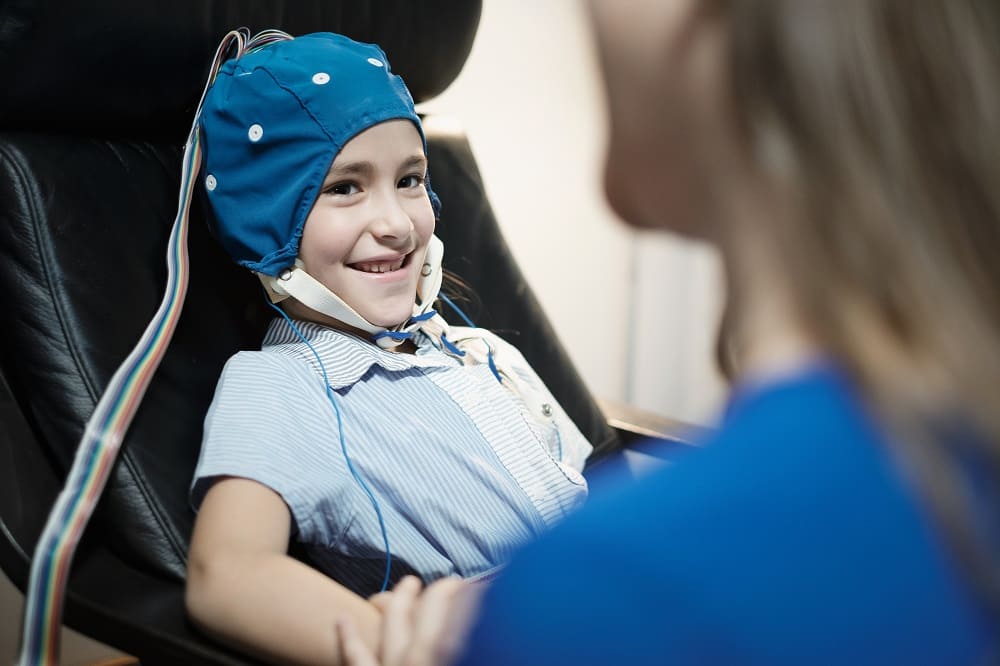Biofeedback and Neurofeedback Applications for Military and Law Enforcement
Military service people and law enforcement officers have a lot in common. In fact, many military veterans go into law enforcement after their military careers end. Two other similarities are that both military service and law enforcement involve high stress and require high levels of performance. Both, at times, can come with daily life or death high-stress situations. These service people and officers naturally would experience their fight or flight responses being activated more often than most other people. It is also super important that they both perform their duties at a high level. Many lives may depend on how well they perform.
Biofeedback and neurofeedback can apply to both, helping people manage stress and improve performance. We don’t have to wait until there is a clinical problem. These interventions can be used to prevent problems, help people manage stress, and improve performance.





